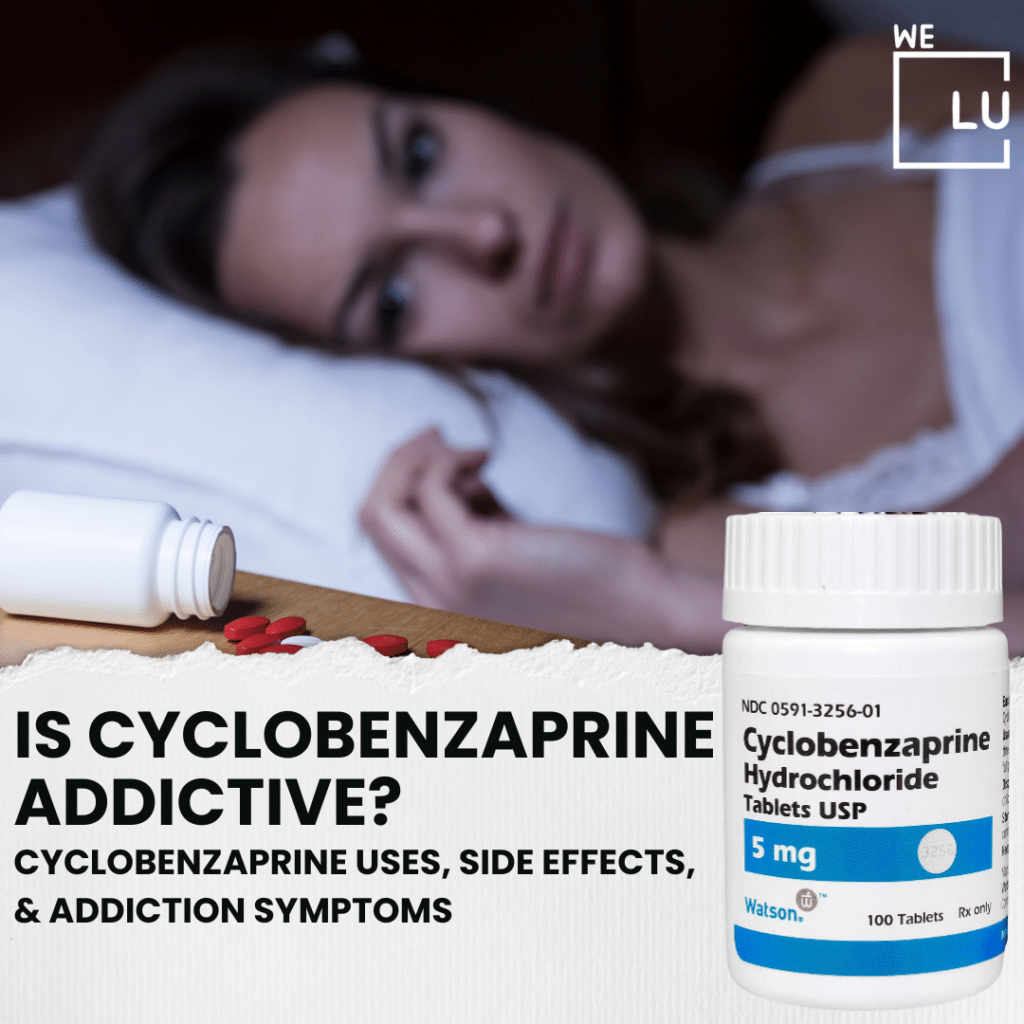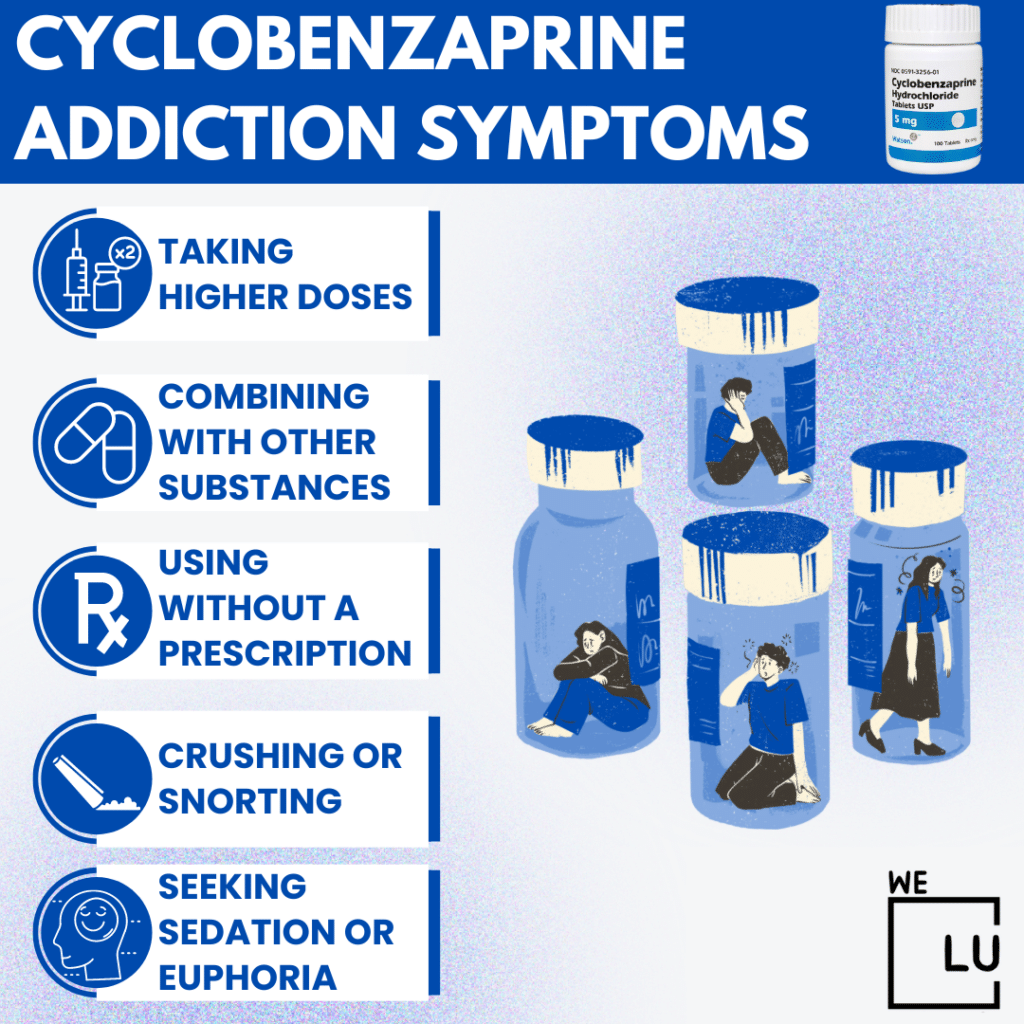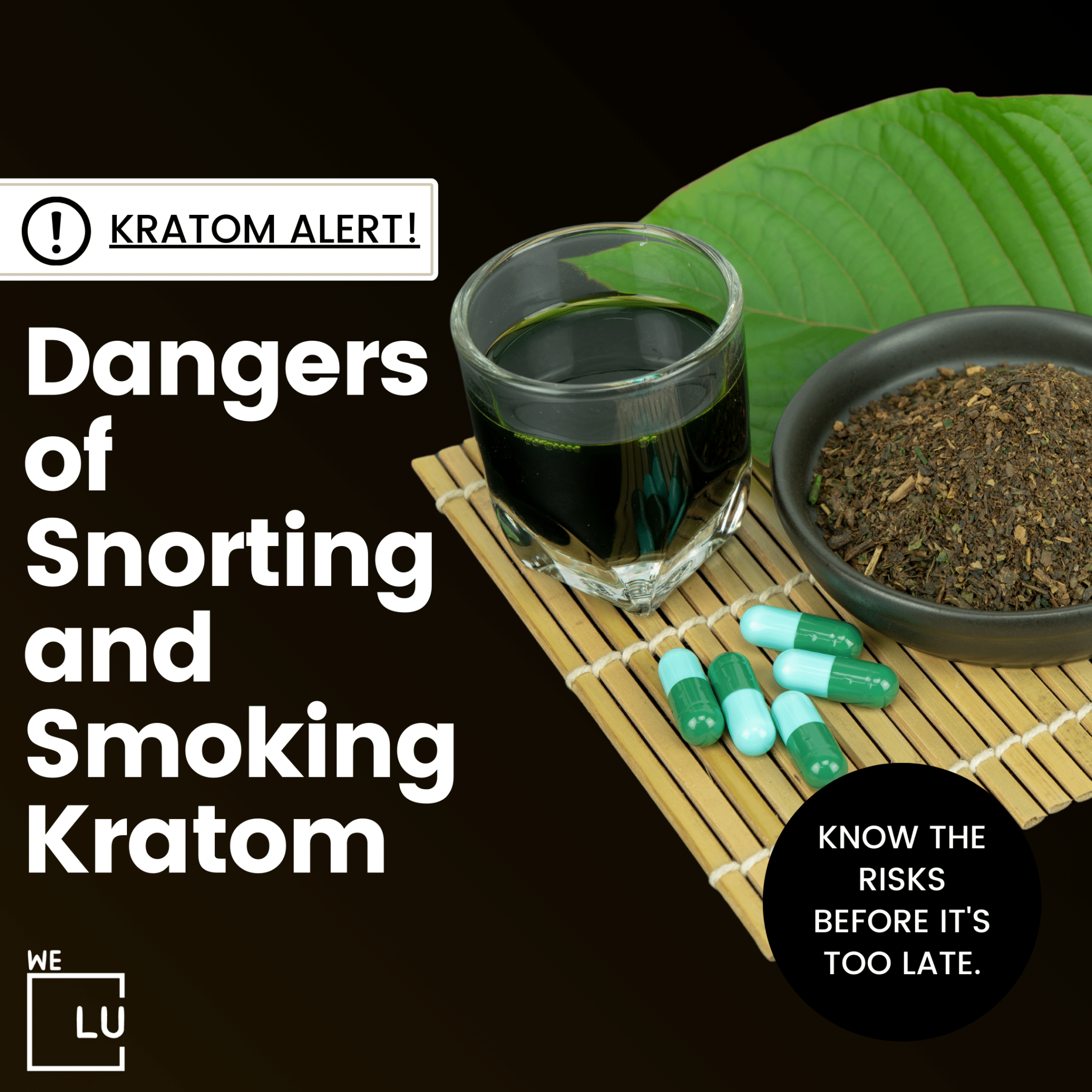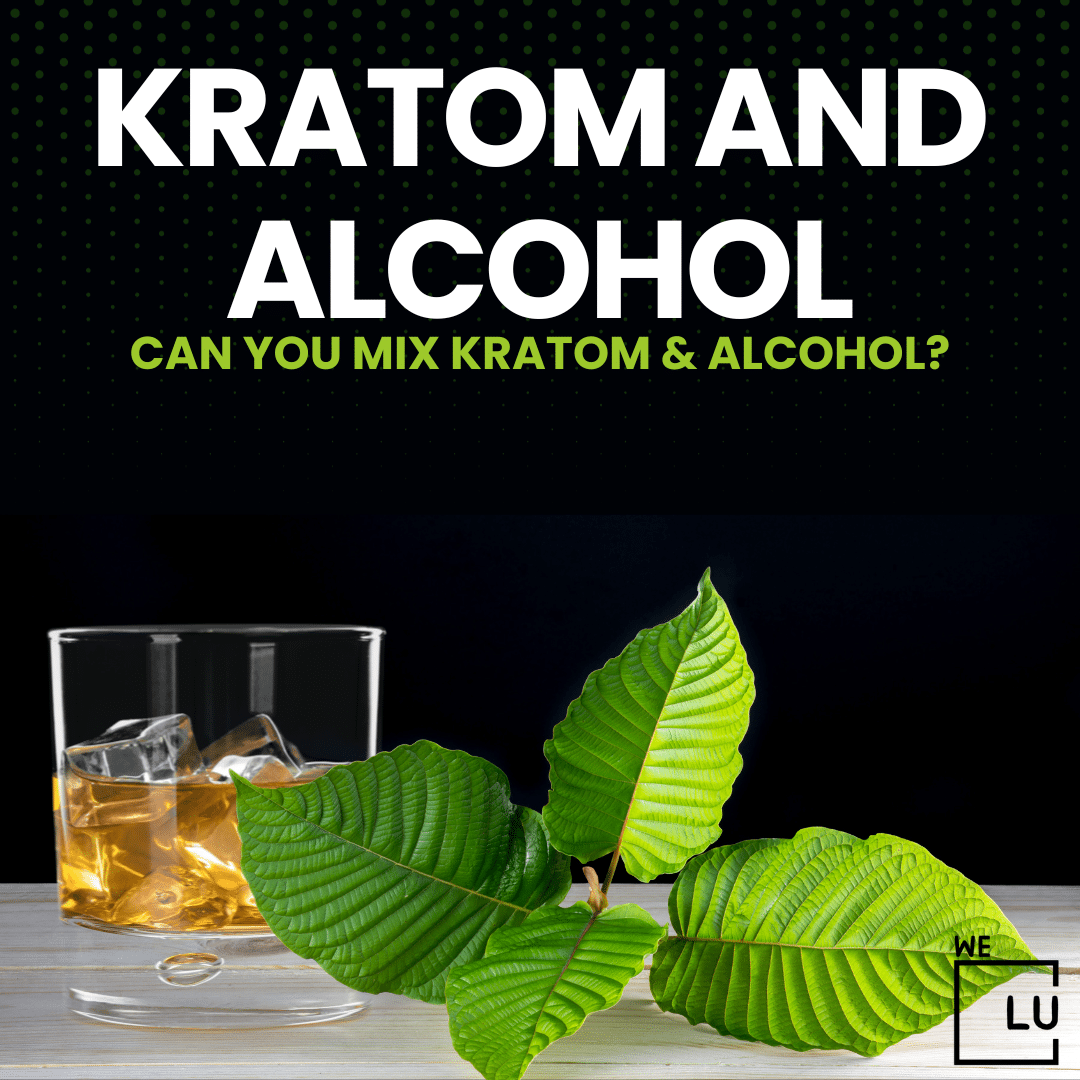What Is Cyclobenzaprine?
Cyclobenzaprine is a muscle relaxant medication commonly used to treat muscle spasms and discomfort associated with acute musculoskeletal conditions. It is often prescribed for muscle strains, sprains, and injuries. Cyclobenzaprine is believed to work by affecting the signals between the nerves and the muscles, helping to reduce muscle spasms.
Cyclobenzaprine is typically used as a short-term treatment, usually for a few weeks, to provide relief during the acute phase of muscle-related injuries. It is not recommended for long-term use, as its effectiveness may decrease, and there are potential side effects.
Cyclobenzaprine is the generic name for the medication, but it is also sold under various brand names. Some of the common brand names for cyclobenzaprine include:
- Flexeril: One of the most widely known brand names for cyclobenzaprine.
- Amrix: Amrix is an extended-release formulation of cyclobenzaprine.
- Fexmid: Fexmid is another brand name for the immediate-release form of cyclobenzaprine.
These brand names may be used interchangeably with the generic name, and the choice of which version to prescribe can depend on factors such as the specific needs of the patient and the healthcare provider’s preference.
As with any medication, it is crucial to take cyclobenzaprine precisely as a healthcare professional prescribes and follow their recommendations regarding dosage and duration of treatment. Inform your healthcare provider about any other medications or medical conditions you may have to avoid potential interactions or complications. Common side effects of cyclobenzaprine include drowsiness, dry mouth, and dizziness.
Is Cyclobenzaprine Addictive?
Cyclobenzaprine is generally not considered to be highly addictive, but like many medications, it has the potential for misuse or dependence, especially if not taken as prescribed. It is classified as a Schedule IV controlled substance in the United States, indicating a lower potential for abuse compared to drugs in higher schedules.
However, some individuals may experience psychological dependence or misuse the medication for its soothing effects. Long-term use or taking higher doses than prescribed can increase the risk of developing tolerance, dependence, or withdrawal symptoms when the drug is discontinued.
Cyclobenzaprine Addiction
Cyclobenzaprine, a muscle relaxant commonly prescribed for acute musculoskeletal conditions, is generally not highly addictive. However, misuse can lead to psychological dependence. Signs of cyclobenzaprine addiction include escalating doses, seeking multiple prescriptions, and neglecting responsibilities.
While overdose risks exist, withdrawal symptoms like rebound muscle spasms and anxiety can arise during cessation. If addiction is suspected, consulting a healthcare professional is crucial for proper guidance, as abrupt discontinuation can exacerbate withdrawal. Timely intervention and support are essential for addressing cyclobenzaprine misuse and fostering a safe recovery.
How Do People Abuse Cyclobenzaprine?
Cyclobenzaprine is a medication prescribed to help relieve muscle spasms and discomfort associated with musculoskeletal conditions. However, like many medications, it can be misused or abused. Abuse of cyclobenzaprine typically involves taking the drug in ways other than prescribed by a healthcare professional. Here are some ways in which people may misuse cyclobenzaprine:
- Taking Higher Doses: Some individuals may take higher doses of cyclobenzaprine than prescribed, seeking a more pronounced sedative effect. This can lead to increased side effects and potential health risks.
- Combining with Other Substances: Some individuals may combine cyclobenzaprine with other substances, such as alcohol or other drugs, to enhance its effects. This can be dangerous and increase the risk of adverse reactions or overdose.
- Using Without a Prescription: Obtaining and using cyclobenzaprine without a prescription is a form of abuse. This can involve obtaining the drug from friends, family, or illicit sources.
- Crushing or Snorting: Individuals may sometimes crush cyclobenzaprine tablets and snort the powder. This method of administration can lead to a more rapid onset of effects, but it is not a medically approved or safe way to use the medication.
- Seeking Sedation or Euphoria: Some individuals may misuse cyclobenzaprine to achieve sedation or a sense of euphoria. However, cyclobenzaprine is not known to produce significant euphoric effects, and misuse for this purpose is not recommended.
Abusing cyclobenzaprine can have serious consequences, including the risk of adverse reactions, overdose, and the development of dependence. If you or someone you know is struggling with substance abuse or misuse of medications, it’s crucial to seek help from a healthcare professional or addiction specialist. They can provide guidance, support, and appropriate interventions to address the underlying issues and promote recovery.

Skip To:
Learn More:
Cyclobenzaprine Addiction Symptoms
While cyclobenzaprine itself is not typically considered highly addictive, individuals who misuse the medication or develop a dependence on it may exhibit certain signs and symptoms. It’s important to note that the misuse or abuse of any medication can have serious health consequences. Here are some potential signs of cyclobenzaprine misuse or addiction:
- Taking Higher Doses: Individuals who are addicted to or dependent on cyclobenzaprine may take higher doses than prescribed to achieve the desired effects, such as sedation or euphoria.
- Frequent Requests for Refills: An individual struggling with cyclobenzaprine addiction may frequently request prescription refills, report lost prescriptions, or seek medication from multiple healthcare providers.
- Preoccupation with Obtaining the Medication: Spending significant time and effort obtaining cyclobenzaprine, legal or illegal, can be a sign of a problem.
- Using Despite Negative Consequences: Continued use of cyclobenzaprine, despite harmful consequences, such as health issues, relationship problems, or legal issues, may indicate addiction.
- Changes in Behavior: Addiction can lead to changes in behavior, such as increased secrecy, withdrawal from social activities, and neglect of responsibilities.
- Craving for the Medication: Individuals addicted to cyclobenzaprine may experience intense cravings for the drug, leading to persistent thoughts about using it.
- Physical and Psychological Dependence: Dependence on cyclobenzaprine may result in physical symptoms such as tolerance (requiring higher doses for the same effect) and withdrawal symptoms when the drug is not taken.
- Negative Impact on Mental Health: Long-term misuse of cyclobenzaprine can contribute to mental health issues, including anxiety and depression.
If you or someone you know is exhibiting these signs or if there are concerns about cyclobenzaprine misuse, seek help from a healthcare professional. Abruptly stopping the medication without proper guidance can lead to withdrawal symptoms, and a healthcare provider can offer assistance in tapering off the drug safely. Additionally, individuals struggling with substance abuse or addiction may benefit from counseling, support groups, or other addiction treatment resources.

Get Your Life Back
Find Hope & Recovery. Get Safe Comfortable Detox, Addiction Rehab & Dual Diagnosis High-Quality Care.
Hotline (855) 695-1160
How Does Cyclobenzaprine Work?
Cyclobenzaprine is a muscle relaxant that works by affecting the communication between nerves in the central nervous system and the muscles. While the exact mechanism of action is not fully understood, it is believed to involve a combination of effects on the spinal cord and brain.
Here are some key aspects of how cyclobenzaprine works:
- Central Nervous System Effects: Cyclobenzaprine primarily acts within the central nervous system (CNS), which includes the brain and spinal cord. It is thought to reduce muscle spasms by inhibiting nerve impulses or signals related to muscle activity.
- Spinal Cord Dampening: Cyclobenzaprine is believed to dampen the activity of neurons (nerve cells) in the spinal cord. This can result in a reduction of muscle spasms and an overall relaxing effect on the skeletal muscles.
- Sedative Effects: Cyclobenzaprine also has soothing properties, which contribute to its ability to alleviate muscle-related pain and discomfort. The sedation may help individuals with muscle spasms sleep more comfortably.
Cyclobenzaprine is typically prescribed for short-term use (up to a few weeks) to manage acute muscle conditions. Prolonged or inappropriate use can lead to reduced effectiveness and an increased risk of side effects.
As with any medication, take cyclobenzaprine exactly as a healthcare professional prescribes and follow their recommendations regarding dosage and duration of treatment. Additionally, individuals should be aware of potential side effects, including drowsiness, dry mouth, and dizziness, and exercise caution when engaging in activities that require mental alertness, such as driving or operating machinery.
Get Help. Get Better. Get Your Life Back.
Searching for an Accredited Drug and Alcohol Rehab Centers in Near You?
Even if you have failed previously and relapsed, or are in the middle of a difficult crisis, we stand ready to support you. Our trusted behavioral health specialists will not give up on you. When you feel ready or just want someone to speak to about therapy alternatives to change your life call us. Even if we cannot assist you, we will lead you to wherever you can get support. There is no obligation. Call our hotline today.
FREE Addiction Hotline – Call 24/7Cyclobenzaprine Side Effects
Common side effects of cyclobenzaprine include:
- Drowsiness: One of the most common side effects is drowsiness or sedation. This can impair your ability to concentrate or perform activities that require alertness, such as driving.
- Dry Mouth: Many people may experience dry mouth while taking cyclobenzaprine. Staying hydrated and using sugar-free gum or candies may help alleviate this symptom.
- Dizziness: Cyclobenzaprine can cause dizziness, especially when getting up from a lying or sitting position. Avoiding sudden movements and rising slowly from a prone or seated position can help reduce the risk of dizziness.
- Fatigue: Some individuals may feel fatigued or experience weakness as a side effect of cyclobenzaprine.
- Blurred Vision: Blurred vision can occur in some people taking cyclobenzaprine. It’s advisable to avoid activities that require clear vision until you know how the medication affects you.
- Upset Stomach: Nausea and stomach upset are potential side effects. Taking cyclobenzaprine with food may help alleviate these symptoms.
- Headache: Some individuals may experience headaches as a side effect of the medication.
- Nervousness or Excitability: In some cases, cyclobenzaprine may cause nervousness or excitability.
Contact your healthcare provider if you experience severe or persistent side effects or have concerns about how the medication affects you. Additionally, allergic reactions to drugs are possible but rare. Seek immediate medical attention if you experience rash, itching, swelling, severe dizziness, or difficulty breathing.

First-class Facilities & Amenities
World-class High-Quality Addiction & Mental Health Rehabilitation Treatment
Rehab Centers TourRenowned California Addiction Center. Serene Private Facilities. Inpatient rehab programs vary.
Addiction Helpline (855) 695-1160Proven recovery success experience, backed by a Team w/ History of:
15+
Years of Unified Experience
100s
5-Star Reviews Across Our Centers
10K
Recovery Success Stories Across Our Network
- Low Patient to Therapist Ratio
- Onsite Medical Detox Center
- Comprehensive Dual-Diagnosis Treatment
- Complimentary Family & Alumni Programs
- Coaching, Recovery & Personal Development Events

How Long Do The Effects Of Cyclobenzaprine Last?
The duration of the effects of cyclobenzaprine can vary among individuals and depends on factors such as the specific formulation of the medication, the dosage prescribed, an individual’s metabolism, and overall health. Generally, the effects of cyclobenzaprine are expected to last for a few hours.
Cyclobenzaprine is typically taken in divided doses throughout the day, with a recommended dosing frequency of three times daily. The immediate-release form of the medication usually has an onset of action within 1 to 2 hours after ingestion, and its effects may last for about 4 to 6 hours. Extended-release formulations, if prescribed, may have a longer duration of action.
| Formulation | Onset of Effect | Duration of Effect |
|---|---|---|
| Immediate-Release | 1 to 2 hours after intake | Approximately 4 to 6 hours |
| Extended-Release | Variable | Longer than immediate-release (exact duration may vary) |
Please note that these are general estimates, and individual experiences may differ. The onset and duration of cyclobenzaprine’s effects can depend on factors such as the specific product, food in the stomach, unique metabolism, and overall health.
World-class, Accredited, 5-Star Reviewed, Effective Addiction & Mental Health Programs. Complete Behavioral Health Inpatient Rehab, Detox plus Co-occuring Disorders Therapy.
CALL (855) 695-1160End the Addiction Pain. End the Emotional Rollercoaster. Get Your Life Back. Start Drug, Alcohol & Dual Diagnosis Mental Health Treatment Now. Get Free No-obligation Guidance by Substance Abuse Specialists Who Understand Addiction & Mental Health Recovery & Know How to Help.
Cyclobenzaprine Overdose
Cyclobenzaprine overdose can occur if an individual takes more than the prescribed dose or intentionally misuses the medication. Overdose symptoms can be severe and may require immediate medical attention. It’s essential to seek emergency medical help if you suspect a cyclobenzaprine overdose. Common signs of an overdose may include:
- Severe Drowsiness or Sedation: Excessive drowsiness or sedation beyond what is expected with the prescribed dose can be a sign of overdose.
- Confusion or Hallucinations: Overdose may lead to confusion, hallucinations, or altered mental status.
- Seizures: In rare cases, an overdose of cyclobenzaprine can lead to seizures.
- Fast or Irregular Heartbeat: Overdose may affect the cardiovascular system, leading to a rapid or irregular heartbeat.
- Difficulty Breathing: Respiratory depression can occur with an overdose, leading to difficulty breathing.
- Unresponsiveness or Loss of Consciousness: In severe cases, overdose may lead to unresponsiveness or loss of consciousness.
If you suspect a cyclobenzaprine overdose, it’s crucial to call emergency services immediately. While waiting for help, you can take certain actions if it can be done safely:
- Contact Poison Control: In the United States, you can contact the Poison Control Center at 1-800-222-1222 for guidance.
- Stay with the Person: If someone has overdosed, stay with them and try to keep them awake and alert.
- Provide Information: Be prepared to provide information about the person’s age, weight, the amount of medication taken, and any other relevant details.
Treatment for cyclobenzaprine overdose may involve supportive care to address symptoms. In severe cases, activated charcoal may be administered to help reduce absorption. In some situations, medical professionals may use medications to reverse the effects of the overdose.
Take medications only as prescribed by a healthcare provider to minimize the risk of overdose and to seek immediate medical attention if an overdose is suspected. If you or someone you know is struggling with substance abuse or overdose risk, seek help from a healthcare professional or emergency services.
Cyclobenzaprine Withdrawal
Cyclobenzaprine withdrawal can occur when an individual who has been using the medication for an extended period stops taking it suddenly or significantly reduces the dose. Withdrawal symptoms can manifest as the body adjusts to the absence of the drug. It’s important to note that cyclobenzaprine is a muscle relaxant, and while it’s not considered highly addictive, dependence can develop with prolonged use.
Withdrawal symptoms from cyclobenzaprine may include:
- Rebound Muscle Spasms: The original muscle spasms or pain the medication treated may temporarily return or intensify during withdrawal.
- Insomnia: Difficulty sleeping or changes in sleep patterns can occur.
- Headache: Some individuals may experience headaches as a withdrawal symptom.
- Nausea: Feelings of nausea or gastrointestinal discomfort can occur.
- Irritability: Mood changes, including irritability and heightened emotional responses, may be observed.
- Anxiety: Some individuals may experience increased anxiety during withdrawal.
- Flu-Like Symptoms: Withdrawal from cyclobenzaprine may include symptoms reminiscent of the flu, such as fatigue, muscle aches, and sweating.
Withdrawal symptoms can vary in intensity and duration among individuals. The severity of withdrawal can be influenced by factors such as the duration of use, the dosage taken, and individual differences in metabolism.
If you are considering stopping cyclobenzaprine or if your healthcare provider recommends discontinuation, it’s crucial to do so under their guidance. Abruptly stopping the medication without proper tapering can increase the risk and severity of withdrawal symptoms.
If you are experiencing withdrawal symptoms or have concerns about discontinuing cyclobenzaprine, consult with your healthcare provider. They can provide guidance on a tapering schedule, offer support, and address any underlying issues related to medication use. Seeking medical advice ensures a safe and comfortable transition.
Experience Transformative Recovery at the We Level Up California Treatment Center.
See our authentic success stories. Get inspired. Get the help you deserve.



Start a New Life
Begin with a free call to an addiction & behavioral health treatment advisor. Learn more about our dual-diagnosis programs. The We Level Up treatment center network delivers recovery programs that vary by each treatment facility. Call to learn more.
- Personalized Care
- Caring Accountable Staff
- World-class Amenities
- Licensed & Accredited
- Renowned w/ 100s 5-Star Reviews
We’ll Call You
Muscle Relaxers Cyclobenzaprine, Soma, Baclofen, their Side Effects, Warnings, Types & Risks
Search We Level Up CA Is Cyclobenzaprine Addictive, Drug & Alcohol Rehab / Detox & Mental Health Topics & Resources
Sources
- Khan I, Kahwaji CI. Cyclobenzaprine. [Updated 2023 Aug 28]. In: StatPearls [Internet]. Treasure Island (FL): StatPearls Publishing; 2023 Jan-. Available from: https://www.ncbi.nlm.nih.gov/books/NBK513362/ Related: Is Cyclobenzaprine Addictive, Cyclobenzaprine Addiction,
- Medline Plus – Cyclobenzaprine – https://medlineplus.gov/druginfo/meds/a682514.html
- FDA Access Data – Flexeril (Cyclobenzaprine) – https://www.accessdata.fda.gov/drugsatfda_docs/label/2003/017821s045lbl.pdf
- DEA – Cyclobenzaprine – https://www.deadiversion.usdoj.gov/drug_chem_info/cyclobenzaprine.pdf Related: Is Cyclobenzaprine Addictive, Cyclobenzaprine Addiction,
- Label: Cyclobenzaprine — cyclobenzaprine hydrochloride tablet, film coated. (2019). https://dailymed.nlm.nih.gov/dailymed/drugInfo.cfm?setid=b12fb4ea-182e-462b-b6ed-cfd2f6bb71e8
- Elder NC. Abuse of skeletal muscle relaxants. Am Fam Physician. 1991 Oct;44(4):1223-6. PMID: 1927837. Related: Is Cyclobenzaprine Addictive, Cyclobenzaprine Addiction, Is Flexeril Addictive, Flexeril Addiction, Is Flexeril A Narcotic Or Addictive, Is Flexeril Addicting,
- LiverTox: Clinical and Research Information on Drug-Induced Liver Injury [Internet]. Bethesda (MD): National Institute of Diabetes and Digestive and Kidney Diseases; 2012-. Muscle Relaxants. [Updated 2017 Jan 30]. Available from: https://www.ncbi.nlm.nih.gov/books/NBK548375/
- Witenko, C., et al. (2014). Considerations for the appropriate use of skeletal muscle relaxants for the management of acute low back pain. https://www.ncbi.nlm.nih.gov/pmc/articles/PMC4103716/ Related: Is Flexeril Addictive, Flexeril Addiction, Is Flexeril A Narcotic Or Addictive, Is Flexeril Addicting,
- Borenstein DG, Korn S. Efficacy of a low-dose regimen of cyclobenzaprine hydrochloride in acute skeletal muscle spasm: results of two placebo-controlled trials. Clin Ther. 2003 Apr;25(4):1056-73. doi: 10.1016/s0149-2918(03)80067-x. PMID: 12809957. Related: Is Flexeril Addictive, Flexeril Addiction, Is Flexeril A Narcotic Or Addictive, Is Flexeril Addicting,
- Long-term Use of Cyclobenzaprine for Pain: A Review of the Clinical Effectiveness [Internet]. Ottawa (ON): Canadian Agency for Drugs and Technologies in Health; 2015 Feb 23. PMID: 25763449. Related: Is Flexeril Addictive, Flexeril Addiction, Is Flexeril A Narcotic Or Addictive, Is Flexeril Addicting,




